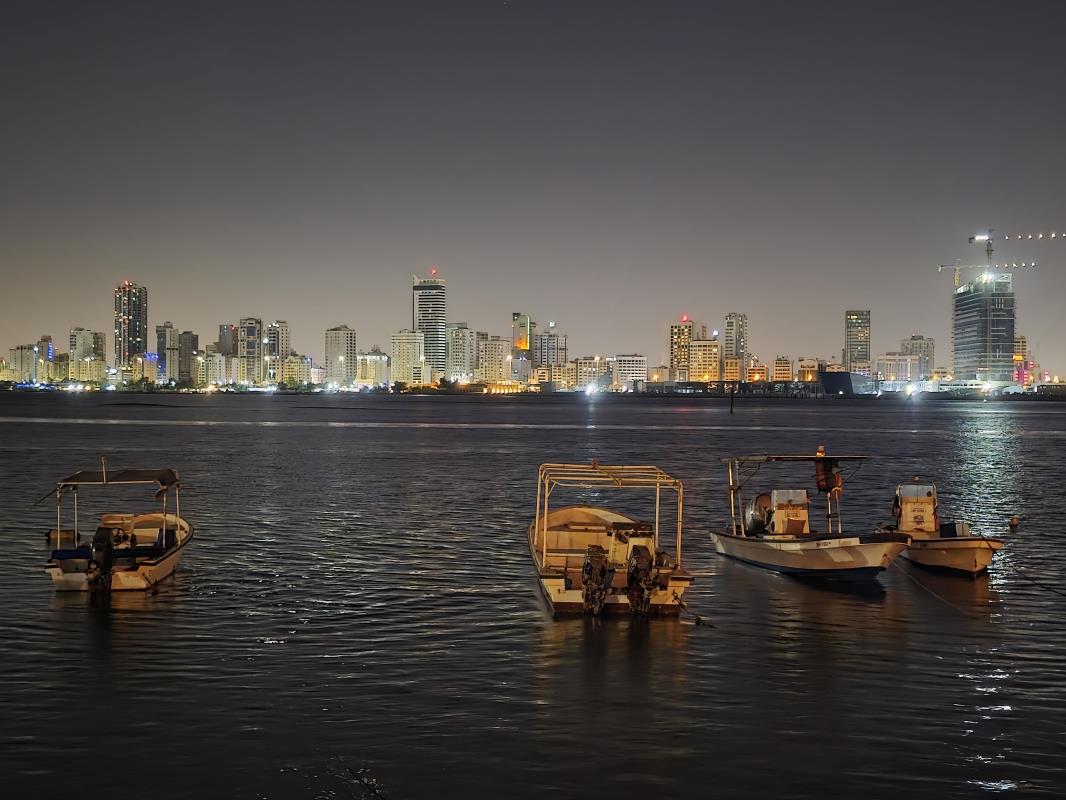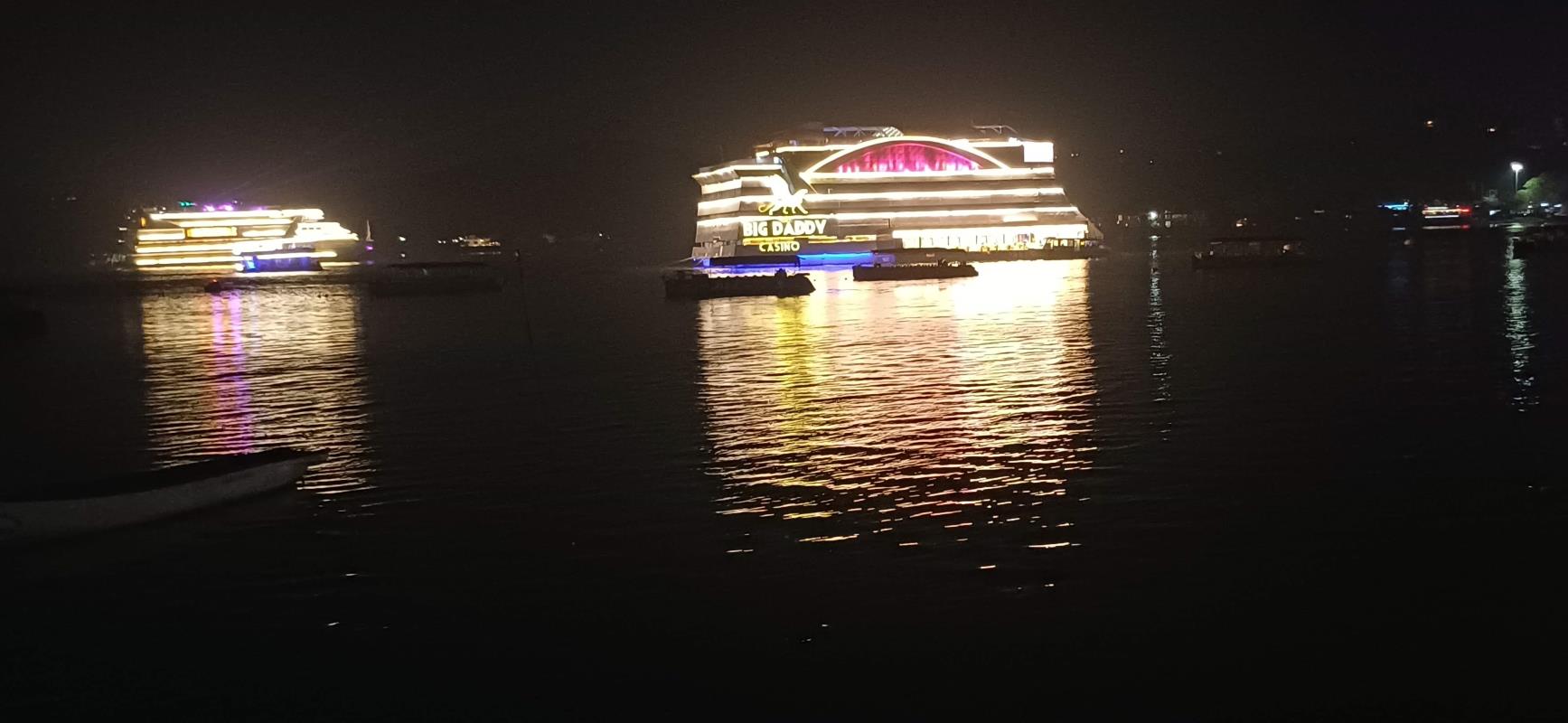
By Ahmed Alsayed
Ever since the first case of Covid-19 in Bahrain was discovered on February 21, 2020, the government led by HRH Prince Salman Bin Hamad Al Khalifa, the Crown Prince Prime Minister, has taken a proactive approach in combating the virus.
This approach caught the attention and admiration of the World Health Organisation (WHO), world leaders, diplomats, and health experts alike.
Professor John Ashton, former regional director of Public Health in England hailed Bahrain’s efforts and told the BBC how impressed he was with Bahrain’s handling of the pandemic. Meanwhile, WHO praised Bahrain’s comprehensive approach towards combating the virus.
Bahrain is one of a few countries in the world that opted not to go for an all out lockdown, but instead took a more practical and pragmatic approach in combating the virus. The kingdom believed in its society’s awareness and acting responsibly, as well as, it’s confidence in the ability and diligence of the National Taskforce for Combating the Coronavirus, our frontline heroes.
Necessary health and safety guidelines were introduced and precautionary measures were put in place for public gatherings to curtail the spread of the virus.
But as the number of active cases decrease, these measures are gradually eased and a sense of “life returning back to normal” is felt across the kingdom. Such approach by the government is proving successful.
The number of active Covid-19 cases, as of today, is down to 1,510 which is literally less than 0.1 percent of the population of Bahrain.
So, how do we maintain this flattening of the curve and reduce the numbers even further, until we finally achieve zero cases in Bahrain?
Most would agree that the battle is not over yet and that the continued adherence to health and safety guidelines, including testing and isolation, together with social distancing and mask wearing, are still necessary.
But, given the promising steady reduction of active cases, the real question is not If, but when will it be ‘zero’?
With the current rate of new cases vs recoveries, it is fair to be cautiously optimistic, and estimate that ‘zero’ can be achieved by the end of 2020 if we continue to act responsibly until then.
What better way to end this extraordinary year and start 2021 than with an achievement of such magnitude.
Just like Bahrain impressed the world with the way it handled and contained the virus at the start, we have an opportunity to do the same again by eliminating the virus all together and start the new year with a clean slate. Bahrain, though small in size, can be a big role model for how to effectively combat this pandemic.
The recent announcement by the government that the vaccine will be available for everyone living in Bahrain is a further assurance that ‘zero cases’ is not only achievable, but can also be maintained indefinitely once the vaccine is out.
While some parts of the world are currently experiencing an unfortunate second wave of the pandemic, Bahrain seems to have weathered the storm and at this rate is slowly but surely on its way to having zero cases. Team Bahrain can do this.































































